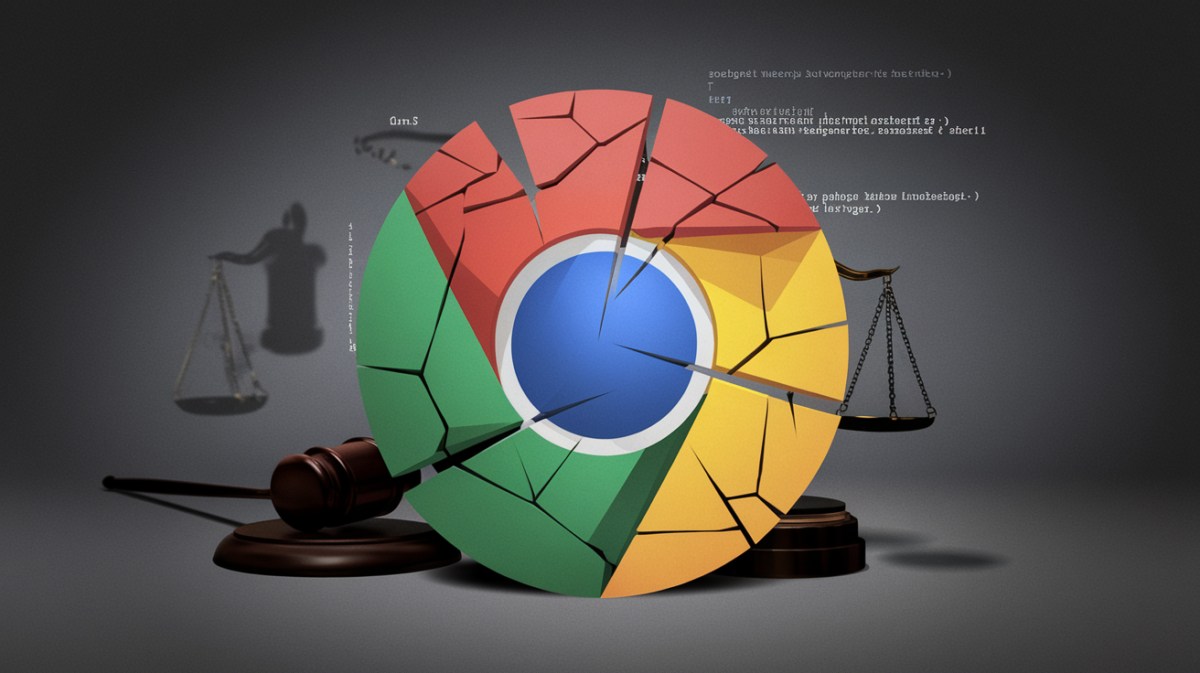In a pivotal moment for the tech industry, Google’s browser chief has asserted in court that only the company itself can operate its widely used Chrome browser. This declaration comes as part of an ongoing antitrust case where the U.S. Department of Justice (DOJ) accuses Google of maintaining an illegal monopoly in online search and related services. The case could reshape the digital landscape, with potential remedies including the forced sale of Chrome.
The Antitrust Case: A Brief Overview
In August 2024, Judge Amit Mehta ruled that Google violated the Sherman Antitrust Act by using exclusive contracts to stifle competition in the digital advertising market. The DOJ has since proposed drastic measures to address these concerns, including the potential divestiture of Chrome, which is deeply integrated into Google’s ecosystem. The government argues that such a move would foster competition and level the playing field for smaller players.
Google’s Defense: Why Chrome Can’t Be Sold
Google has vehemently opposed the DOJ’s proposal, arguing that Chrome’s sale would disrupt the digital economy and harm users. Lee-Anne Mulholland, Google’s Vice President of Regulatory Affairs, stated, “Chrome is not just a browser—it’s a critical part of our infrastructure. Forcing a sale would undermine innovation and create chaos for developers and businesses.”
The company also highlighted the technical challenges of separating Chrome from its search engine and other services. Here’s why Google insists Chrome cannot be operated by another entity:
- Integration with Google Services: Chrome is tightly woven into Google’s search, ads, and cloud ecosystems, making standalone operation impractical.
- Security and Updates: Google manages Chrome’s security patches and updates globally, a task that would be difficult for a new owner to replicate.
- User Experience: Chrome’s seamless performance relies on Google’s backend infrastructure, which includes features like syncing across devices.
The $20 Billion Question: Who Could Buy Chrome?
If the court orders the sale of Chrome, analysts estimate its value at up to $20 billion. Several tech giants, including OpenAI, have expressed interest, but the feasibility of such a purchase remains uncertain. Below is a comparison of potential buyers and their motivations:
| Company | Interest in Chrome | Challenges |
|---|---|---|
| OpenAI | Wants to integrate Chrome with AI tools like ChatGPT. | Lacks experience in browser development and infrastructure. |
| Microsoft | Could merge Chrome with Edge to dominate the browser market. | Antitrust scrutiny due to its own history with browsers. |
| Amazon | Seeks to expand its ad business by leveraging Chrome’s user base. | Limited expertise in browser technology. |
Broader Implications for the Tech Industry
The outcome of this case could set a precedent for how governments regulate tech monopolies. If Chrome is sold, it may encourage similar actions against other dominant platforms. Conversely, if Google prevails, critics argue it could embolden monopolistic practices across the sector.
Public Reaction: Divided Opinions
The debate has spilled over into public forums, with users expressing mixed views:
- Supporters of the DOJ: Believe breaking up Google will spur innovation and give smaller companies a chance.
- Google Advocates: Argue that the company’s integrated services provide unmatched convenience and security.
What’s Next?
The court is expected to deliver its final ruling in the coming months. Meanwhile, stakeholders—from tech executives to everyday users—are watching closely. The decision could redefine not just Google’s future, but the entire digital economy.
As the legal battle unfolds, one thing is clear: the stakes couldn’t be higher for Google, its competitors, and the millions who rely on Chrome every day.







